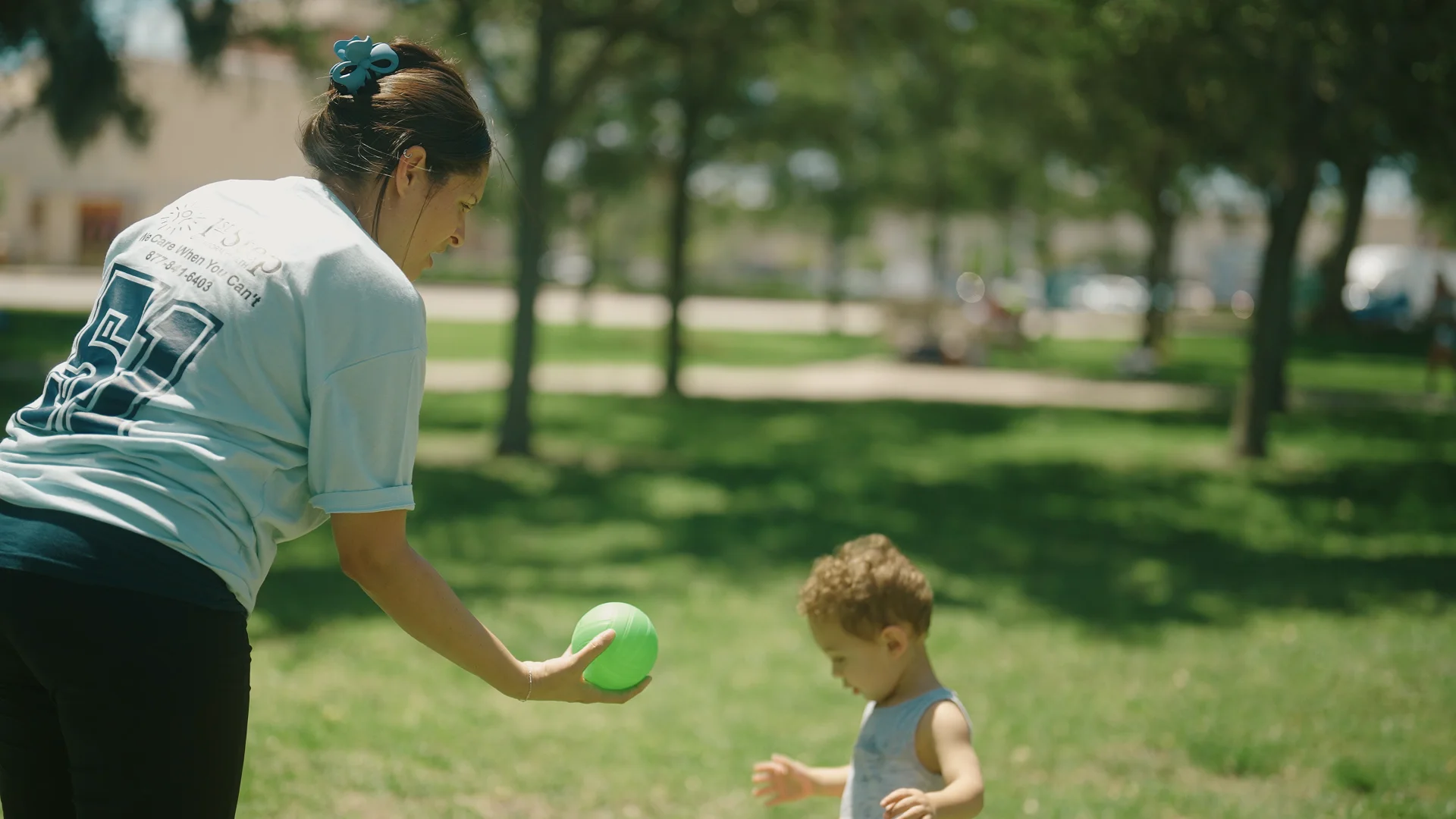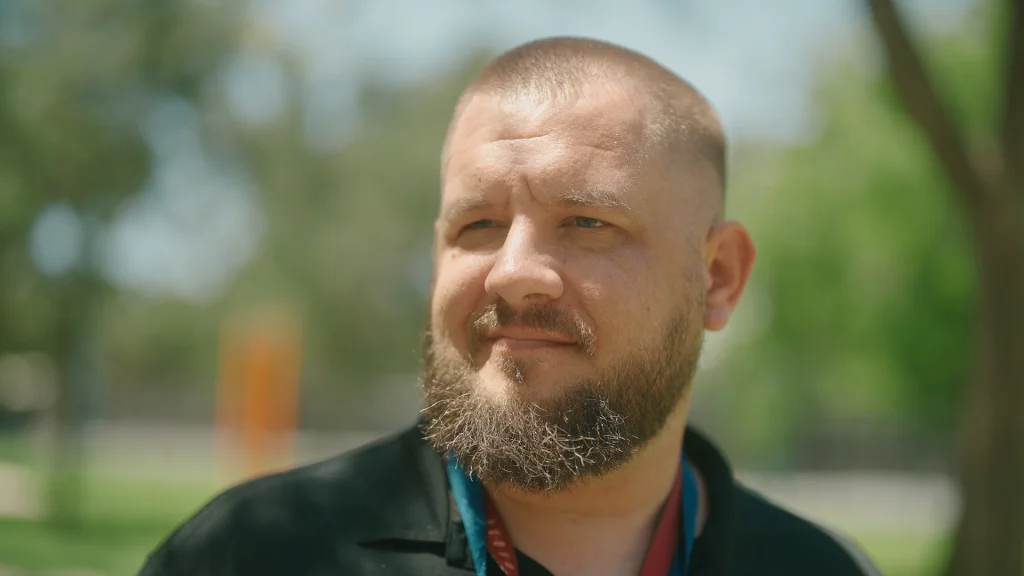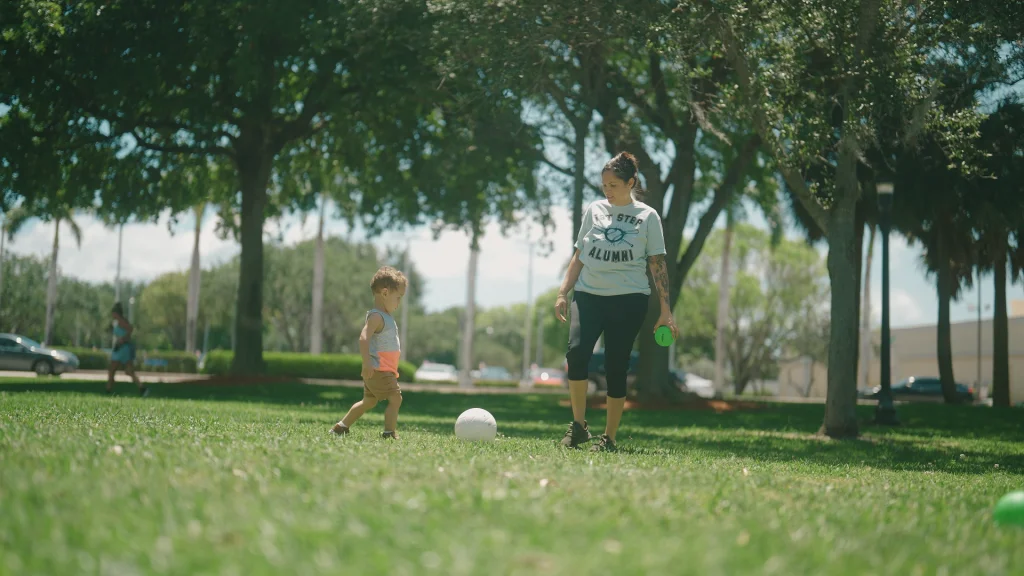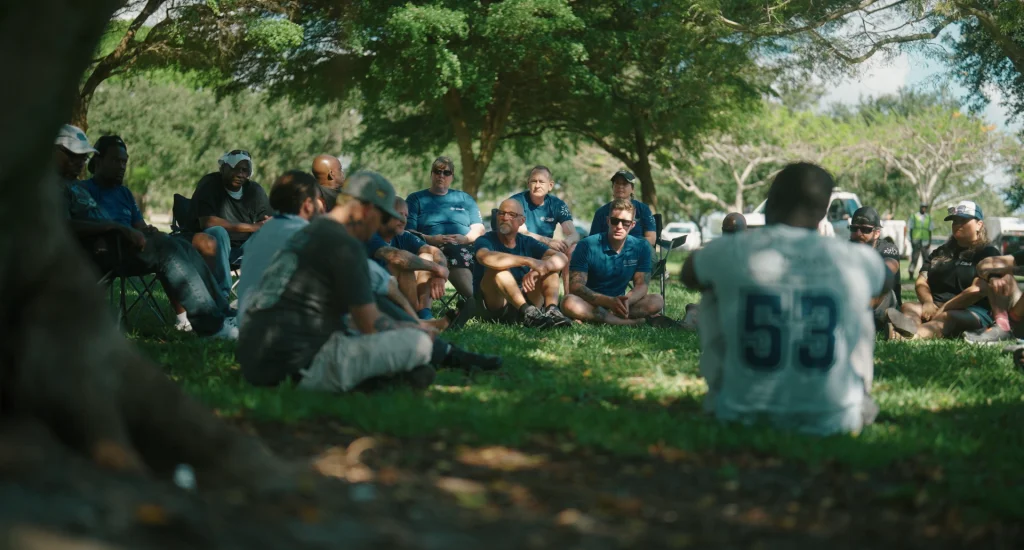Family Therapy and Support
At 1st Step, we recognize that addiction affects the entire family. That’s why we’re committed to supporting not only our clients but their families, too.

The Effects of Addiction on Family
When one member of the family struggles with addiction, everyone is impacted. Substance abuse and addiction can cause behavioral changes as well as erratic behavior, leading to instability and unpredictability in the home. As the person’s addiction worsens, chaos can unfold in the home, leading to emotional struggles, financial strain, communication issues, mistrust, and even domestic disputes. Family members may feel a range of emotions when dealing with an addicted loved one. They may feel angry, confused, scared, upset, resentful, and more.

Understanding Family Roles in a Household Dealing With Addiction
Living with or loving someone who struggles with drug or alcohol addiction isn’t easy. As a result of emotional pain and turmoil within the home, loved ones of addicts often develop unhealthy attachment styles and coping mechanisms. This can result in the development of certain roles. The six most widely recognized family roles in a household facing addiction issues include:
- The Enabler – This person often feels responsible for protecting the addicted individual from consequences. They may make excuses for the person’s behavior or enable their substance use by providing financial or emotional support. Enablers frequently engage in codependent behaviors.
- The Hero – This family member strives to overachieve or maintain a perfect image to compensate for the chaos caused by addiction. They might excel in school or work as a way to show that everything is fine at home.
- The Scapegoat – This individual might act out, rebel, or draw attention away from the addicted person by displaying behavioral issues. They often take the blame for family problems to distract from the other family member’s addiction.
- The Lost Child – This family member tries to remain unnoticed and tends to withdraw from family interactions or social situations. They may isolate themselves to avoid the tension and turmoil within the family.
- The Caretaker – Usually, this is a role taken on by one of the parents or an older sibling, constantly trying to keep peace within the family, taking care of the addicted individual, and neglecting their own needs in the process. Like the enabler, the caretaker may also engage in codependent behaviors.
- The Mascot – This family member uses humor to try to alleviate the tension and stress caused by addiction. However, they fail to express their true emotions, often leading to poor coping mechanisms.
While breaking the cycle of addiction can reduce chaos and instability within the home, family members may still struggle with the coping mechanisms they developed during their loved one’s addiction. As a result, it is vital that families also get therapeutic support so that they, too, can heal.
The Significance of Family Support in Recovery
Despite the struggles families face when a loved one is addicted, they can play a vital role in the recovery process. Having the support of friends and family can greatly improve one’s ability to stay sober. For example, studies have found that recovering people who have the support of their families during treatment and recovery are less likely to relapse, be hospitalized, and get in trouble with the law. On the other hand, those who have family support are more likely to recover from their addiction and reclaim control over their lives.
Family support can come in many forms, including:
- Staging an intervention to convince an addicted loved one to go to rehab
- Helping locate treatment options
- Providing treatment professionals with any relevant information about their loved one that may be helpful in their treatment
- Encouraging loved ones to carry on with treatment as well as aftercare plans
How Families Can Be Involved in Their Loved One’s Treatment and Recovery
1st Step Behavioral Health offers families numerous ways to be involved in their loved one’s treatment. Families are encouraged to talk regularly with their loved ones on the phone, write letters, have in-person visits, and take their loved ones out on pass. They are also asked to come to therapy sessions to participate in family therapy where family-specific issues can be addressed head-on.
A few of the ways we suggest family members can support their loved ones include:
- Educating themselves about the disease of addiction so they are better equipped to understand and support their recovering loved one
- Setting healthy boundaries that promote a supportive environment
- Attending support groups such as Al-Anon or Nar-Anon
- Actively encouraging loved ones to stick to their aftercare plan

Helping Families Heal
While it’s helpful for recovering addicts to have the support of their families, families deserve to heal, too. This is where family therapy comes into play. Family therapy sessions provide a supportive, therapeutic environment that allows families to process past trauma, learn healthier ways of interacting, and develop skills to navigate future challenges together.
Family therapy sessions provide a safe space for open communication, understanding, and resolution of underlying issues. First, therapists help family members identify dysfunctional patterns and dynamics within the family unit that may have contributed to or resulted from the addiction. While therapists facilitate healthy communication and a constructive atmosphere, families can address conflicts and resentments in a therapeutic manner.
Once families have expressed their concerns and begun working toward conflict resolution, the focus of therapy moves to rebuilding trust between family members and the addicted loved one. Re-establishing trust takes time, but it is a vital step in healing the family unit.
Before family therapy concludes, therapists provide essential support and education to families, offering healthy coping strategies and resources to manage any challenges they may continue to face. Families learn how to support their loved one’s recovery while taking care of their own well-being.
Our Commitment to Family
At 1st Step Behavioral Health, our commitment to our clients extends beyond their recovery. We are passionate about helping their families heal from addiction and discover the best ways to support them.
Understanding that each family’s situation is unique, we offer personalized programs that cater to the specific dynamics and challenges faced by families dealing with addiction. Our team of experienced professionals provides ongoing support, guidance, and a safe space for families to participate in the recovery journey alongside their loved ones. With programs that incorporate family therapy, educational workshops, and long-term care, we ensure family members actively participate in the healing process.

Take the First Step Today
We can help you get better. Contact us today to find out which program might be right for you, or to begin the process of arranging for treatment.
